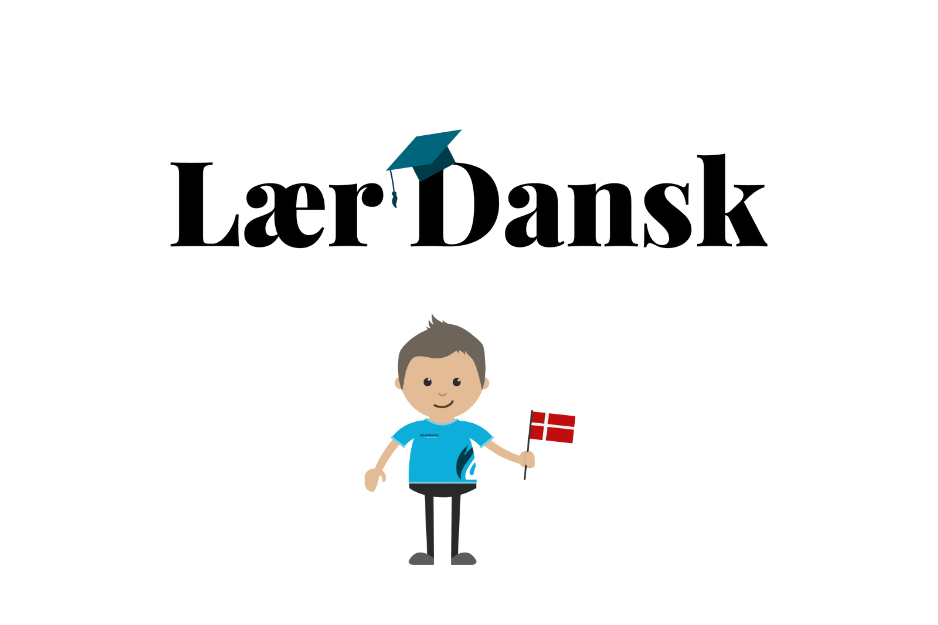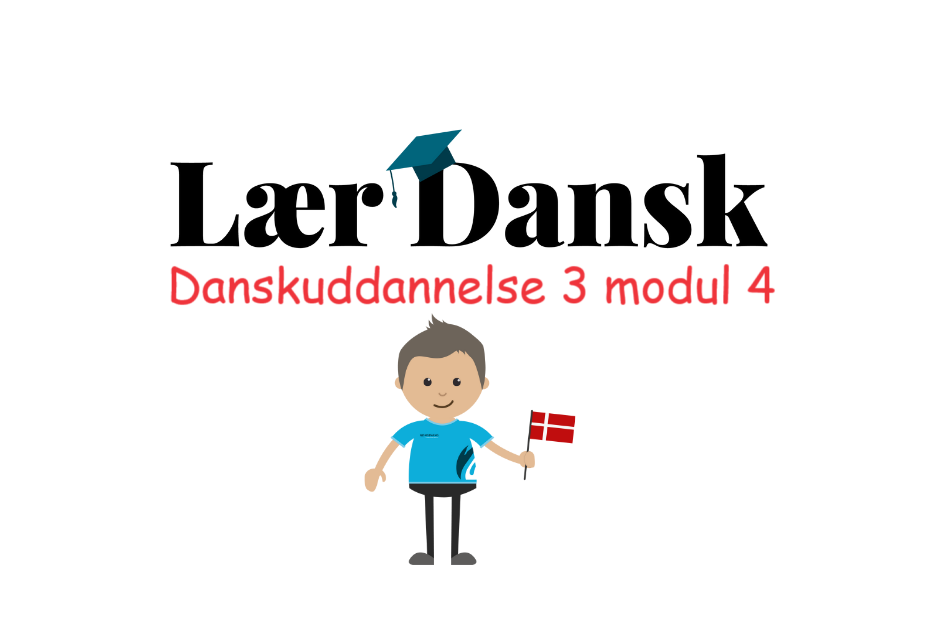1
2
3
4
5
6
7
8
9
10
11
12
13
14
15
16
17
18
19
20
21
22
23
24
25
26
27
28
29
30
31
32
33
34
35
36
37
38
39
40
41
42
43
44
45
46
47
48
49
50
51
52
53
54
55
56
57
58
59
60
61
62
63
64
65
66
67
68
69
70
71
72
73
74
75
76
77
78
79
80
81
82
83
84
85
86
87
88
89
90
91
92
93
94
95
96
97
98
99
100
101
102
103
104
105
106
107
108
109
110
111
112
113
114
115
116
117
118
119
120
121
122
123
124
125
126
127
128
129
130
131
132
133
134
135
136
137
138
139
140
141
142
143
144
145
146
| def binomial(u: str, v: str, M: nx.MultiDiGraph, models: list[object], entity_to_id_map: object, relation_to_id_map: object, all_triples_set: set[tuple[int,int,int]], alltriples: TriplesFactory, sample: float, dataset: str) -> float:
'''
get approximate ReliK score with binomial approximation
'''
global getkHopneighbors_time
global sample_time
global model_loop_time
global sample_first_while_time
global sample_second_while_time
start_time = timeit.default_timer()
subgraph_list, labels, existing, count, ex_triples = dh.getkHopneighbors(u,v,M)
end_time = timeit.default_timer()
getkHopneighbors_time += end_time - start_time
start_time = timeit.default_timer()
if sample > 0.4:
allset_uu = set(itertools.product([entity_to_id_map[u]],range(alltriples.num_relations),range(alltriples.num_entities)))
allset_vv = set(itertools.product(range(alltriples.num_entities),range(alltriples.num_relations),[entity_to_id_map[v]]))
len_uu = len(allset_uu.difference(all_triples_set))
len_vv = len(allset_vv.difference(all_triples_set))
allset = set()
allset_u = set()
allset_v = set()
lst_emb = list(range(alltriples.num_entities))
lst_emb_r = list(range(alltriples.num_relations))
first = True
count = 0
while len(allset_u) < min(len_uu*sample,1000):
relation = random.choice(lst_emb_r)
tail = random.choice(lst_emb)
kg_neg_triple_tuple = (entity_to_id_map[u],relation,tail)
if kg_neg_triple_tuple not in all_triples_set and kg_neg_triple_tuple not in allset_u:
if first:
first = False
rslt_torch_u = torch.LongTensor([entity_to_id_map[u],relation,tail])
rslt_torch_u = rslt_torch_u.resize_(1,3)
else:
rslt_torch_u = torch.cat((rslt_torch_u, torch.LongTensor([entity_to_id_map[u],relation,tail]).resize_(1,3)))
allset_u.add(kg_neg_triple_tuple)
else:
count += 1
count = 0
first = True
while len(allset_v) < min(len_vv*sample,1000):
relation = random.choice(lst_emb_r)
head = random.choice(lst_emb)
kg_neg_triple_tuple = (head,relation,entity_to_id_map[v])
if kg_neg_triple_tuple not in all_triples_set and kg_neg_triple_tuple not in allset_v:
if first:
first = False
rslt_torch_v = torch.LongTensor([head,relation,entity_to_id_map[v]])
rslt_torch_v = rslt_torch_v.resize_(1,3)
else:
rslt_torch_v = torch.cat((rslt_torch_v, torch.LongTensor([head,relation,entity_to_id_map[v]]).resize_(1,3)))
allset_v.add(kg_neg_triple_tuple)
else:
count += 1
else:
allset_u = set()
allset_v = set()
len_uu = alltriples.num_entities*alltriples.num_relations
len_vv = alltriples.num_entities*alltriples.num_relations
first = True
start_first_while = timeit.default_timer()
while len(allset_u) < min(len_uu*sample,1000):
kg_neg_triple_tuple = tuple(map(random.choice, map(list, [range(alltriples.num_relations),range(alltriples.num_entities)] )))
kg_neg_triple_tuple = (entity_to_id_map[u], kg_neg_triple_tuple[0], kg_neg_triple_tuple[1])
if kg_neg_triple_tuple not in all_triples_set and kg_neg_triple_tuple not in allset_u:
if first:
first = False
rslt_torch_u = torch.LongTensor([kg_neg_triple_tuple[0],kg_neg_triple_tuple[1],kg_neg_triple_tuple[2]])
rslt_torch_u = rslt_torch_u.resize_(1,3)
else:
rslt_torch_u = torch.cat((rslt_torch_u, torch.LongTensor([kg_neg_triple_tuple[0],kg_neg_triple_tuple[1],kg_neg_triple_tuple[2]]).resize_(1,3)))
allset_u.add(kg_neg_triple_tuple)
end_first_while = timeit.default_timer()
sample_first_while_time += end_first_while - start_first_while
first = True
start_second_while = timeit.default_timer()
while len(allset_v) < min(len_vv*sample,1000):
kg_neg_triple_tuple = tuple(map(random.choice, map(list, [range(alltriples.num_relations),range(alltriples.num_entities)] )))
kg_neg_triple_tuple = (kg_neg_triple_tuple[1], kg_neg_triple_tuple[0], entity_to_id_map[v])
if kg_neg_triple_tuple not in all_triples_set and kg_neg_triple_tuple not in allset_u:
if first:
first = False
rslt_torch_v = torch.LongTensor([kg_neg_triple_tuple[0],kg_neg_triple_tuple[1],kg_neg_triple_tuple[2]])
rslt_torch_v = rslt_torch_u.resize_(1,3)
else:
rslt_torch_v = torch.cat((rslt_torch_u, torch.LongTensor([kg_neg_triple_tuple[0],kg_neg_triple_tuple[1],kg_neg_triple_tuple[2]]).resize_(1,3)))
allset_v.add(kg_neg_triple_tuple)
end_second_while = timeit.default_timer()
sample_second_while_time += end_second_while - start_second_while
end_time = timeit.default_timer()
sample_time += end_time - start_time
first = True
for tp in list(existing):
if first:
first = False
ex_torch = torch.LongTensor([entity_to_id_map[u],relation_to_id_map[tp],entity_to_id_map[v]])
ex_torch = ex_torch.resize_(1,3)
else:
ex_torch = torch.cat((ex_torch, torch.LongTensor([entity_to_id_map[u],relation_to_id_map[tp],entity_to_id_map[v]]).resize_(1,3)))
hRankNeg = 0
tRankNeg = 0
start_time = timeit.default_timer()
for i in range(len(models)):
comp_score = models[i].score_hrt(ex_torch).cpu()
rslt_u_score = models[i].score_hrt(rslt_torch_u)
rslt_v_score = models[i].score_hrt(rslt_torch_v)
count = 0
he_sc = 0
ta_sc = 0
for tr in comp_score:
count += 1
he_sc += torch.sum(rslt_u_score > tr).detach().numpy() + 1
ta_sc += torch.sum(rslt_v_score > tr).detach().numpy() + 1
hRankNeg += ((he_sc / len(allset_u))/len(models)) * len_uu
tRankNeg += ((ta_sc / len(allset_v))/len(models)) * len_vv
end_time = timeit.default_timer()
model_loop_time += end_time - start_time
return ( 1/hRankNeg + 1/tRankNeg )/2, 1/hRankNeg, 1/tRankNeg
|




